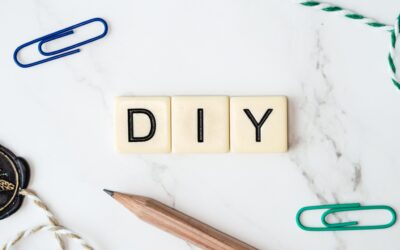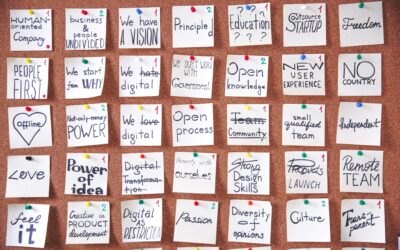Lessons from 9/11
Where were you on 9/11? What do you remember, what will you never forget? How do you view our Country today versus 20 years ago? What can we as individuals do to bring one another closer and make America stronger?
Listen to us On
About the Episode
LifeBlood: We talked about our personal experiences with 9/11, we compared and contrasted the United States then and now, talked about the value of diversity, how to successfully navigate the never-ending onslaught of information and events, and how to have real conversations.
We discussed the value of differences, the importance of sharing a common belief in an ideal, and embracing both.
We talked about the challenge of dealing with one seemingly existential crisis after another, the role perspective plays in our lives and how to get a healthy one and hold onto it.
We discussed the importance of having critical thinking skills and actually using them, having the courage to personally examine and think about the major issues of the day, question our existing beliefs about things, and how to enter into conversations with others with curiosity and a genuine desire to learn and grow with Sentari Minor, Head of Strategy at evolvedMD, storyteller, strategist and social impact advisor.
Thanks, as always for listening! If you got some value and enjoyed the show, please leave us a review wherever you listen and subscribe as well.
You can learn more about us at MoneyAlignmentAcademy.com, Twitter, LinkedIn, Instagram, Pinterest, YouTube and Facebook or you’d like to be a guest on the show, contact George at [email protected].

George Grombacher
Lifeblood Host

Sentari Minor
Guest
More Episodes
DIY Money: How to Make it Happen on Your Own
Can you successfully navigate your own personal finances? Can you DIY money? Yes. Financial planning is determining your financial goals, looking at your current situation, and devising strategies for achieving those goals. It’s best viewed as a process because...
How to Be Good at Financial Decision Making
We all want to know how to be good at financial decision making. And it’s easy, but it’s not simple. It’s impossible for anyone to eliminate all bad decisions. What we want to do is minimize how many we make. The wrong financial decision can delay our most...
Set It and Forget It: How to Automate Your Finances
Is it possible to “set it and forget it” with our personal finances? Our time and attention are just as valuable as our money. When we can stop doing menial tasks like paying bills and balancing our checkbooks, we can spend our time and attention on other...
Having a Financial Conversation With Our Senior Loved Ones
Having the money talk with aging loved ones is important. We’re all going to get there eventually, the lucky ones, that is. Old age. And we’ll see that first in our parents if we’re lucky enough to keep them with us that long. Because with age comes a decreased...
What Gets Measured, Gets Managed: How to Create Financial Systems
In personal finance as well as corporate, what gets measured, gets managed. CFOs handle the finances of their organizations, and there are many stakeholders who rely on their data and insight. They look back at historical results, as well as plan and forecast...
How to Set and Keep Your Financial Priorities
Because money plays such an important role in our lives, we must establish clear financial priorities. While money won’t bring us happiness, a lack of money can most certainly bring stress and anxiety. It’s also really hard to think about the big picture and to...
A Practical User’s Guide to Qualified Accounts
Qualified accounts are the primary way we save for retirement but it wasn't always that way. In 1875, the American Express Company developed the first private pension in the United States. Prior to that, the military and government had been providing pensions since...
How Much Cash on Hand Should you Have?
A rule of thumb for both businesses and individuals is to have at least three to six months’ worth of expenses in cash on hand. For a CFO (Chief Financial Officer), cash can be as important as profit. Without cash, business operations won’t be able to...
Saving and Investing Like a CFO
Saving and investing are two of the most important things we do with our money. There’s a lot we can learn from how Chief Financial Officers (CFOs) do it. It’s a CFOs job to invest corporate assets (or decide not to). They must manage today’s financial needs and...
Join the show.
Interested in being on the show? Tell me a little bit more about you and what you’d like to talk about!














